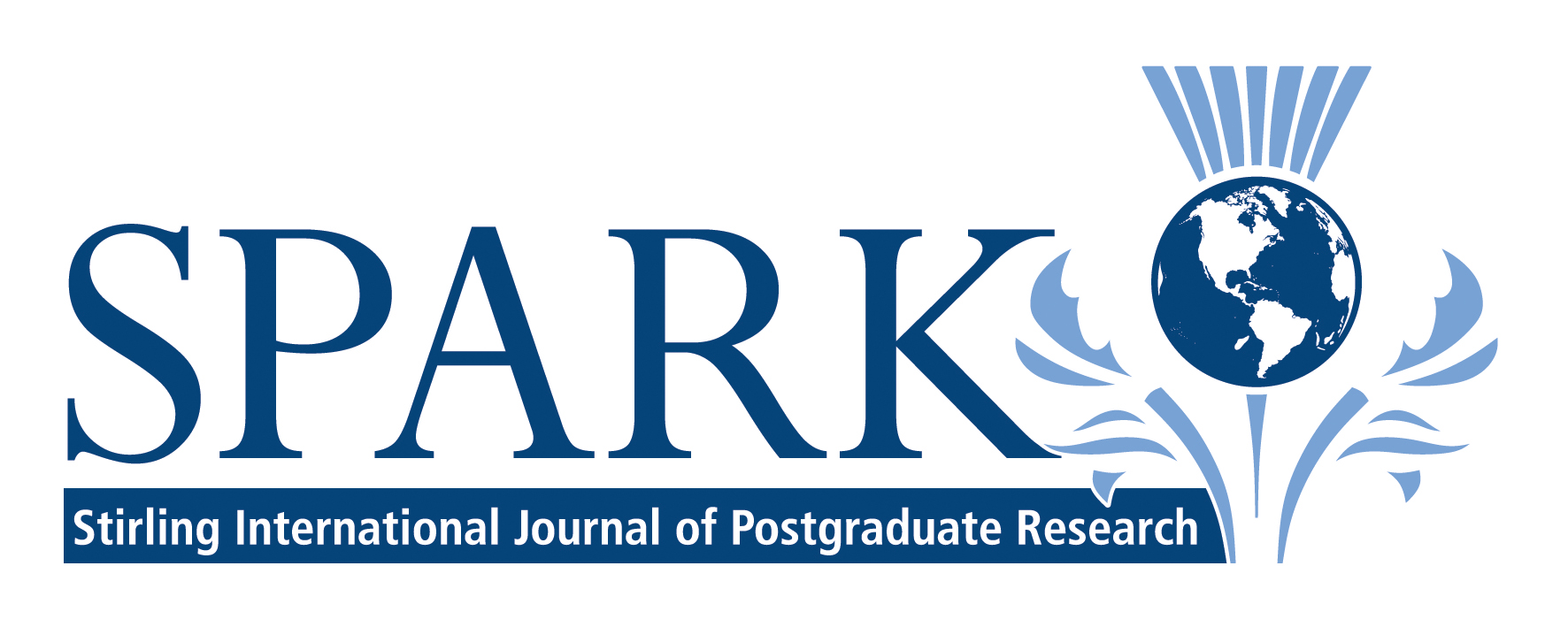Bridging the Gap between Native and Non-Native English-Speaking Teachers: Insights from Bilingualism Research
Mattia Zingaretti and Roberta Spelorzi, University of EdinburghAbstract
For years, the field of English language teaching has been divided between supporters of native versus non-native English-speaking teachers, with a widely reported bias for the native model. The following paper analyses this long-standing debate by discussing how the bias for native English-speaking teachers arises from a traditionally monolingual point of view which no longer holds in our multilingual societies. Specifically, in light of recent research on bilingualism, not only is the concept of the monolingual native speaker an idealisation rather than a reality, but there are also substantial changes that native speakers display in the use of their first language (i.e. ‘attrition’) as a result of speaking a second language. This evidence undermines the supposed stability of the native language and the traditional bias for native English-speaking teachers. Since strengths and weaknesses can be found in all teachers, also given the current status of English as a lingua franca, there are plenty of reasons for abandoning this outdated dichotomy and focus instead on teachers’ skills and expertise, to ultimately allow and encourage cooperation amongst complementary English language teachers.
Want to get involved?
Mattia Zingaretti and Roberta Spelorzi, University of Edinburgh
